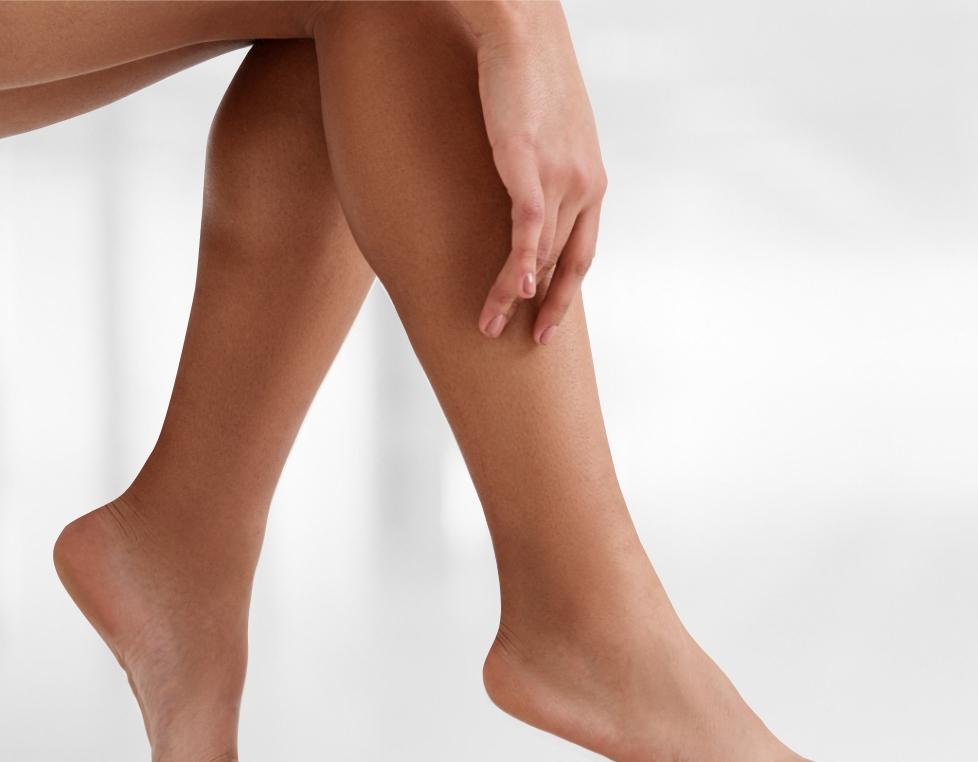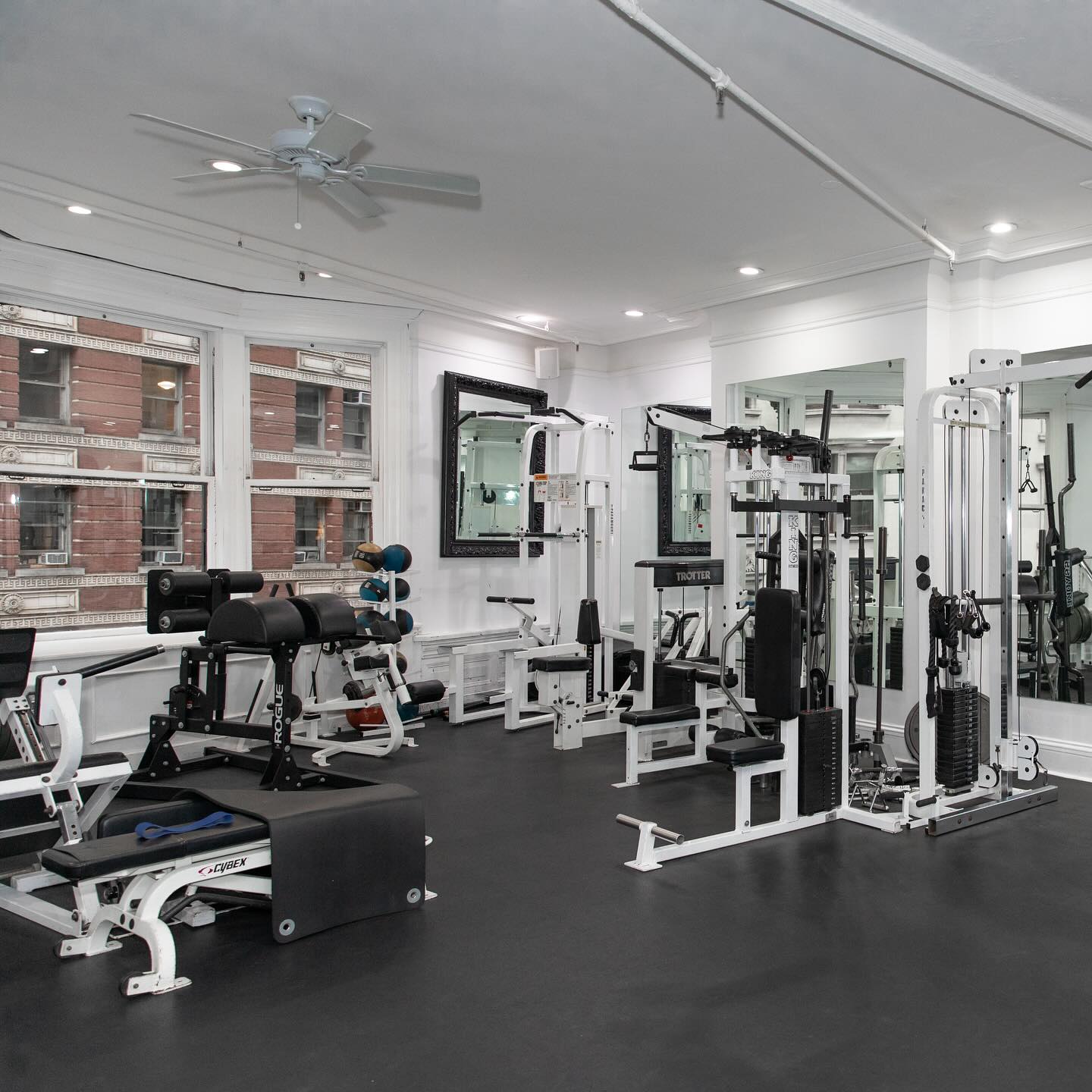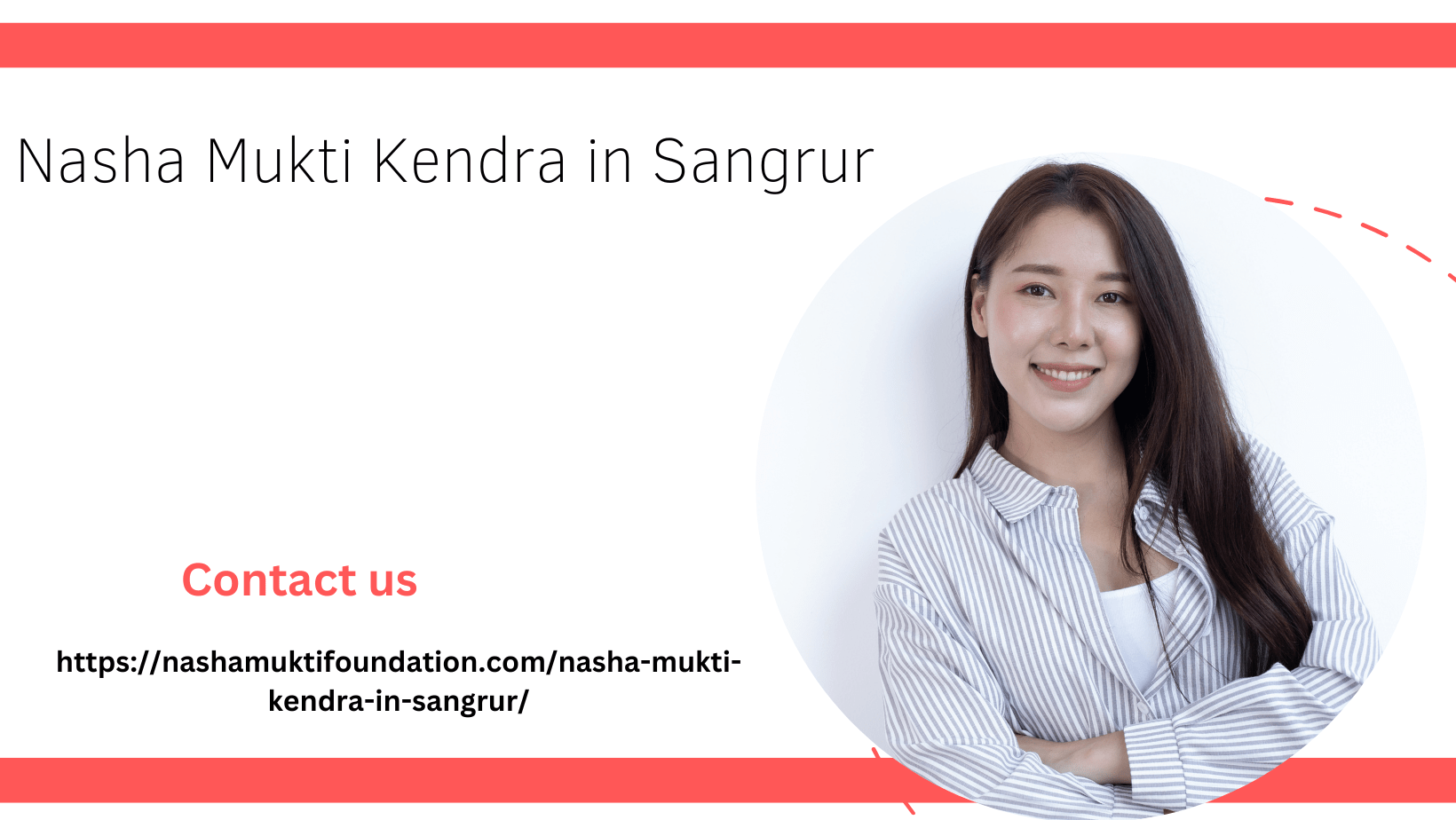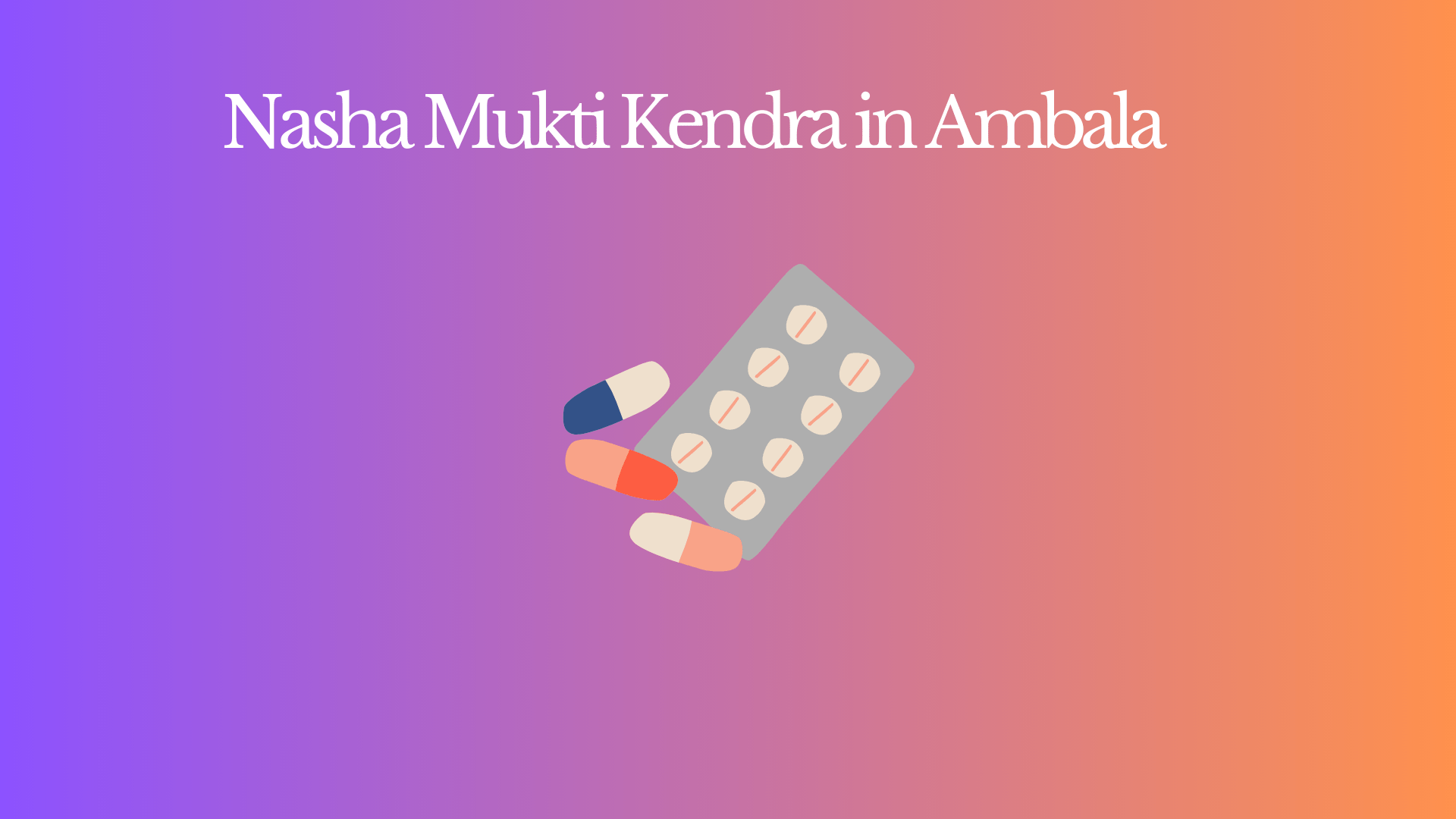Varicose veins, characterized by twisted and enlarged veins, are a common vascular condition that can cause discomfort and affect the quality of life. Varicose vein specialists, also known as phlebologists, play a crucial role in diagnosing and treating this condition. In this article, we will explore how these specialists diagnose and treat varicose veins, the expertise they bring to the table, and the considerations individuals may have when deciding whether to pursue treatment.
Understanding the Role of Varicose Vein Specialists:
What is a varicose vein specialist called? Varicose vein specialists are medical professionals who specialize in the diagnosis and treatment of vein disorders, including varicose veins. These specialists have advanced training and expertise in venous medicine, allowing them to accurately diagnose and effectively treat a wide range of vein-related conditions. Varicose vein specialists may come from various medical backgrounds, including vascular surgery, interventional radiology, or dermatology, and they typically work in specialized vein clinics or vascular centers.
How Do Varicose Vein Specialists Diagnose Varicose Veins?
- Medical History Review: Varicose vein specialists begin by conducting a thorough review of the patient’s medical history, including symptoms, previous treatments, and any underlying health conditions that may contribute to vein-related issues.
- Physical Examination: A comprehensive physical examination is performed to assess the appearance of the veins, identify any visible abnormalities, and evaluate the overall condition of the venous system.
- Ultrasound Imaging: Varicose vein specialists often use ultrasound imaging techniques to visualize the veins beneath the skin’s surface and assess blood flow. Doppler ultrasound may also be used to evaluate blood flow and detect any abnormalities in venous circulation.
- Venous Mapping: In some cases, venous mapping may be performed to create a detailed map of the venous system and identify areas of dysfunction or insufficiency.
Treatment Options Offered by Varicose Vein Specialists:
- Conservative Measures: Varicose vein specialists may recommend conservative measures such as wearing compression stockings, elevating the legs, and engaging in regular exercise to alleviate symptoms and improve circulation.
- Sclerotherapy: Sclerotherapy is a minimally invasive procedure that involves injecting a sclerosing solution directly into the affected veins. This solution irritates the lining of the vein, causing it to collapse and eventually fade from view. Sclerotherapy is highly effective for treating small to medium-sized varicose veins and spider veins.
- Endovenous Ablation: Endovenous ablation techniques, such as endovenous laser ablation (EVLA) or radiofrequency ablation (RFA), use heat energy to seal off the affected vein, redirecting blood flow to healthier veins. These minimally invasive procedures are highly effective for treating larger varicose veins and have shorter recovery times compared to traditional surgery.
- Surgical Interventions: In severe cases of varicose veins that do not respond to less invasive treatments, surgical interventions such as vein ligation, vein stripping, or phlebectomy may be recommended. These procedures involve surgically removing or repairing the affected veins under general anesthesia.
Is It Worth Getting Varicose Veins Removed?
- Symptom Relief: For many individuals, varicose vein treatment offers relief from symptoms such as pain, swelling, and discomfort associated with varicose veins. By addressing these symptoms, individuals can experience an improvement in their overall quality of life.
- Prevention of Complications: Varicose veins can lead to complications such as skin changes, ulcers, or blood clots if left untreated. By getting varicose veins removed, individuals can reduce the risk of developing these complications and maintain their vascular health.
- Cosmetic Concerns: Varicose veins can be a source of cosmetic concern for some individuals, affecting their self-confidence and body image. Varicose vein treatment can help improve the appearance of the legs and boost self-esteem.
Conclusion:
Varicose vein specialists play a crucial role in diagnosing and treating varicose veins, offering a range of treatment options tailored to each individual’s needs and preferences. By accurately diagnosing varicose veins and providing effective treatment, these specialists help individuals alleviate symptoms, prevent complications, and improve their overall quality of life. If you’re experiencing symptoms of varicose veins or have concerns about your vascular health, consult with a qualified varicose vein specialist for evaluation and treatment recommendations.






